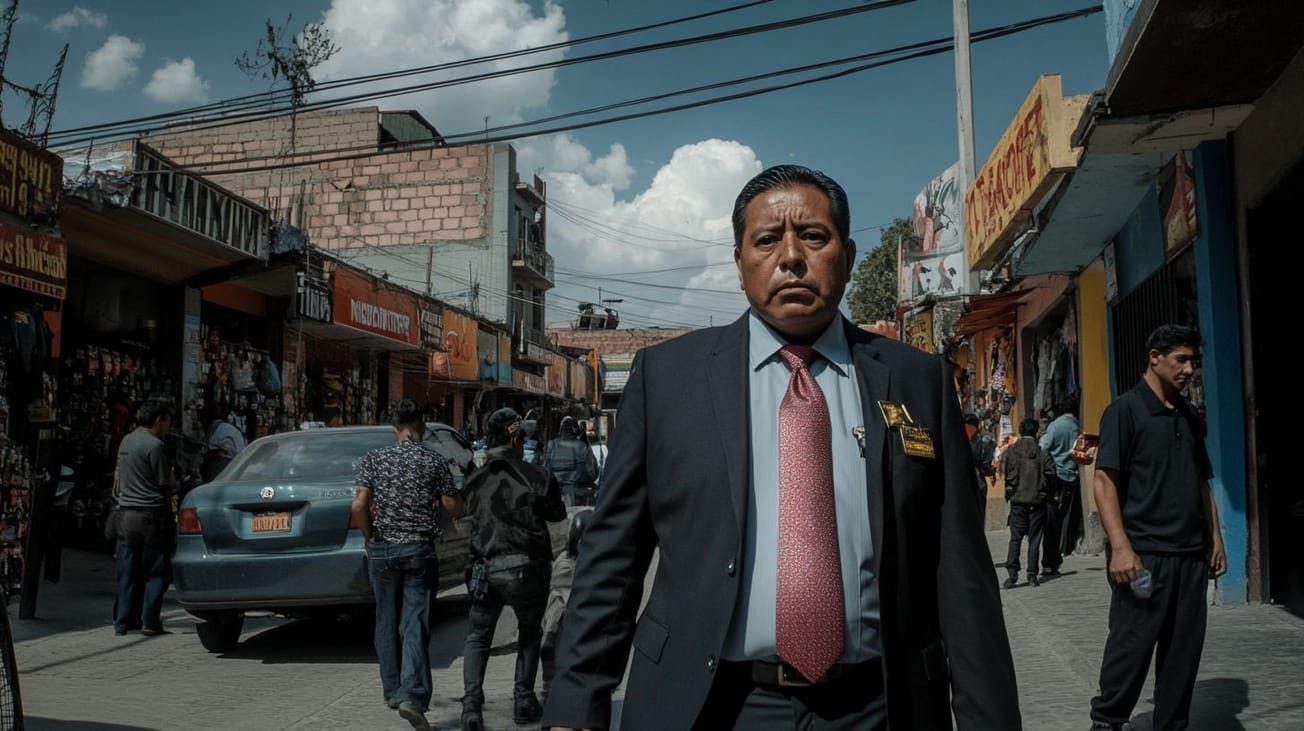Mexico’s recent judicial reform, which will introduce over 1,600 federal judges chosen by popular vote, has sparked concerns over the country's vulnerability to organized crime. The reform aims to switch from a model based on professional exams to a popular election system, potentially lowering the standards required for judicial positions. Critics worry that this change could negatively impact human rights and destabilize the economy, with experts warning of potential constitutional crises.
Lisa Sánchez, Executive Director of Mexico United Against Crime, highlighted various risks posed by the reform to judicial integrity. The overhaul contradicts the principles of Mexico’s criminal justice system, risking severe impacts on organized crime cases such as extraditions, drug trafficking, and corruption. Additionally, the strengthening of civil courts and military jurisdiction in public security matters raises concerns about accountability and collusion with organized crime.
The use of faceless judges, a controversial practice employed in various countries, may not be effective in Mexico due to potential arbitrariness and corruption. With so few federal criminal judges, maintaining anonymity could prove challenging, leaving judges vulnerable to threats from organized crime. This anonymity could also prevent victims from identifying conflicts of interest or other biased behaviors among judges, compromising the fairness of trials on organized crime cases.
Corruption within the judicial system is a significant issue that the reform fails to adequately address. The nomination process lacks transparency and oversight, enabling political actors with potential criminal interests to influence candidate selection. Without robust measures to prevent campaign corruption, judges risk being swayed by illicit funding sources, undermining the integrity of the judiciary and eroding public trust in the legal system.
As Mexico grapples with these judicial challenges, it remains crucial to tackle issues within prosecutor’s offices. Data reveals a high rate of unreported cases and low investigation and resolution rates, signaling a pervasive culture of impunity. By shedding light on the failures of justice institutions, efforts can be directed toward addressing systemic flaws and enhancing accountability in law enforcement and prosecution processes.
Mexico's judicial reform raises concerns over vulnerability to organized crime
Mexico’s recent judicial reform, which will introduce over 1,600 federal judges chosen by popular vote, has sparked concerns over the country's vulnerability to organized crime.





